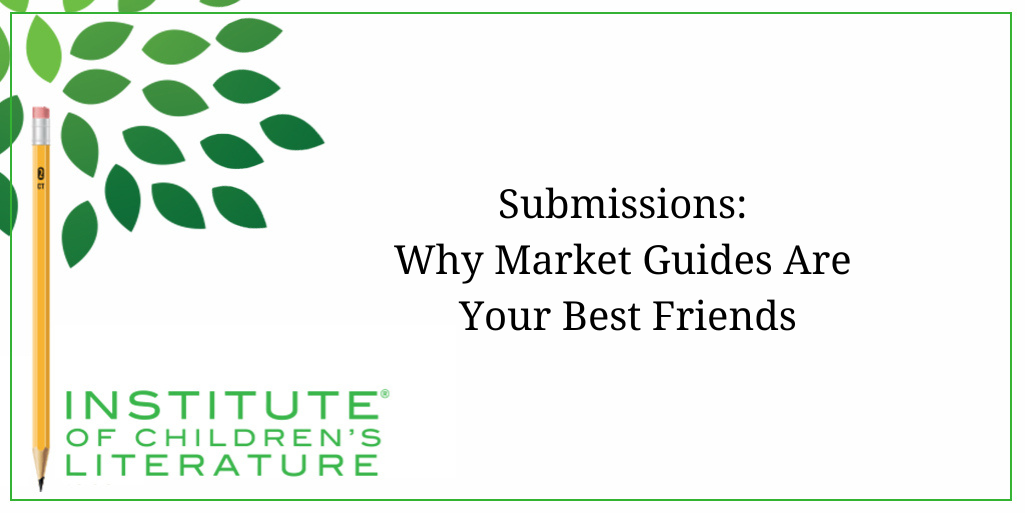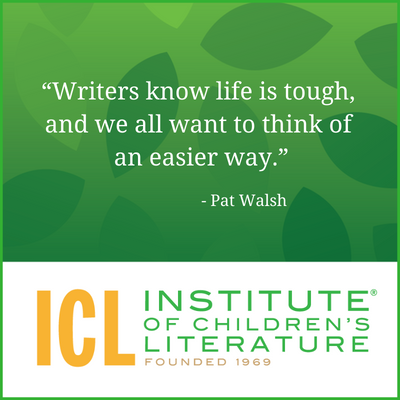
5 Ways Writers Can Prep for 2025 Goal Setting
Before we roll on to the new writing year, let’s harness our optimism for the blank slate before us and prepare for our 2025 Goal Setting just for writers.

When it comes to how books go from writing to publication, there isn’t just one road to take you to your desired destination. Market guides provide a path but there are other ways of getting from Point A to Point B. For some, books are written based on assignments from publishers and a fee is paid. This kind of work-for-hire is common in educational publishing.
For other books, writers take on all the roles in the publishing process, and the resulting books are self-published (though some self-published writers prefer the term “indie.”) This road tends to produce the most sales when authors already have a fan base or when authors write in popular genres and take the time and energy to build a fan base through releasing book after book within that genre. Usually, sales for the first book are very small, but as popularity and name recognition build, self-publishing can become a lucrative publishing option for some.

But not all children’s and young adult books are sold with an agent. Even today with so many publishing houses closing to direct submissions, some remain open, at least partially. A partially open publisher will limit submissions by having only a short time frame of being open or by only allowing submissions from writers who meet editors at conferences and workshops (including online workshops). A fully open publisher will accept submissions (or at least queries or proposals) all the time.
Having so many options make careful research essential for success. Writers need to know which markets require which kinds of approaches but finding this information can be challenging. Information about most publishers and agents exists online, but the internet is hardly an easy method of gleaning accurate information.
Some writers have favorite information sources online, but no matter which sources a writer uses, they only represent a tiny sliver of all the many options available to writers, so developing a collection of online sources that you check regularly for updates is well worth your time. These can include newsletters like this one. They can include Twitter events like manuscript wish lists or pitch parties. They can include blogs that share market lists like the one at Nonfiction ninjas.
But sometimes it’s nice to have a source that doesn’t require the internet at all and that’s where print market guides come in handy.
Printed market guides have pluses and minuses. They are easy to navigate, they include a wide variety of types of publishers, they put the most relevant details about the publisher in the listing, and they always include URLs to further your market research. They also often include extremely helpful articles about a variety of useful topics with tips for better submissions, information about trends, and stories from the experiences of other writers. Market guides also cover more than book publishing. You can buy specific market guides to cover magazine markets. And there are even niche market guides for things like poetry or Christian publishing.

The best use of market guides is as a launching point for your research. When I get a new market guide, I spend hours studying it, visiting publisher websites based on the links in the guide, and using highlighters to mark those publishers I want to keep an eye on because they are a good match for the type of writing I do, the kind of voice I have, and the goals I have for my work. I also visit every website I’ve not heard of before.
When I check out publisher websites, I specifically want to know if these publishers are producing work that seems to be professional and well-designed. Publishers putting out rough or poorly designed books are immediately struck off my list of options for one simple reason: ugly, unprofessional-looking books mean the publisher is not investing money in the process of creating the book. If they don’t even have the money to produce the best package for my work (the printed book) then how are they possibly going to have any money for promotion and marketing? It is NOT true that no publisher promotes and markets. But some don’t, and I simply have no interest in a publisher that isn’t going to get behind my book.
So, buying a market guide is buying a research tool that will need effort on your side. You’ll need to update the market guide constantly as your additional research makes you aware of changes. Again, being aware can come from visiting the publisher websites, taking part in message boards about publishing, and reading newsletters about books and publishing. And sometimes you can get information in unexpected ways as well.
I’m constantly looking for news about publishing. The best tool for learning about markets is curiosity. The desire to know about everything in publishing can help you stumble across information you wouldn’t have accessed any other way.

I want the submission process to be as easy and accurate as possible. I want feedback from editors. Here’s a secret. In situations where an editor can’t accept your manuscript (because it doesn’t fit their present need) but they were impressed by you, they’ll sometimes respond even if they’re from a “no means no” publisher. And that response, that rejection, is a connection for the future. I can’t talk them into wanting this project (and I shouldn’t try), but I can note in my market guide that this editor saw something in my work that resonated. I’ll want to remember that in case my next book is a better match.
For me, the process of researching markets is interesting and exciting. It helps me stay on top of what is happening in publishing and that helps me be more successful, but it also allows me to help others. And being helpful is valuable in this business. It’s never a bad idea to be remembered as someone people like working with.
So, the biggest suggestion I can make about the research part of submissions is to cast a wide net and fall in love with the process of learning about this business. You’ll never be sorry you did.
With over 100 books in publication, Jan Fields writes both chapter books for children and mystery novels for adults. She’s also known for a variety of experiences teaching writing, from one session SCBWI events to lengthier Highlights Foundation workshops to these blog posts for the Institute of Children’s Literature. As a former ICL instructor, Jan enjoys equipping writers for success in whatever way she can.

Before we roll on to the new writing year, let’s harness our optimism for the blank slate before us and prepare for our 2025 Goal Setting just for writers.

Writers can be thin-skinned when it comes to getting feedback on their work. Let’s look at 4 ways to positively deal with constructive criticism!

Rejection is part of the territory when it comes to being a writer. Today we offer reflection for writers to help redirect your efforts after a rejection.
1000 N. West Street #1200, Wilmington, DE 19801
© 2024 Direct Learning Systems, Inc. All rights reserved.
1000 N. West Street #1200, Wilmington, DE 19801
© 2024 Direct Learning Systems, Inc. All rights reserved.
1000 N. West Street #1200, Wilmington, DE 19801
© 2024 Direct Learning Systems, Inc. All rights reserved.
1000 N. West Street #1200, Wilmington, DE 19801
© 2025 Direct Learning Systems, Inc. All rights reserved.
1000 N. West Street #1200, Wilmington, DE 19801
©2025 Direct Learning Systems, Inc. All rights reserved. Privacy Policy.
8 Comments